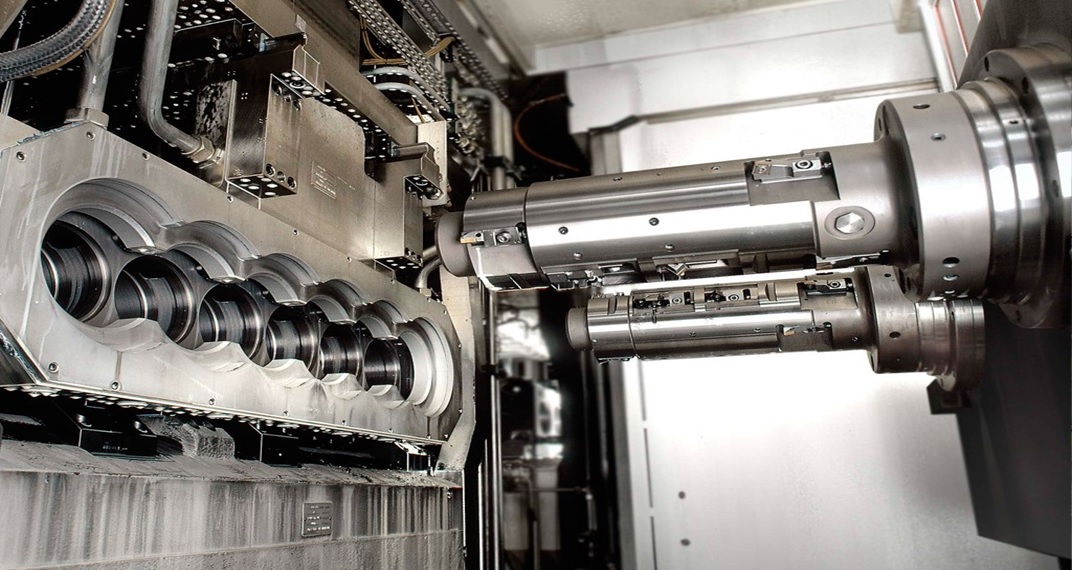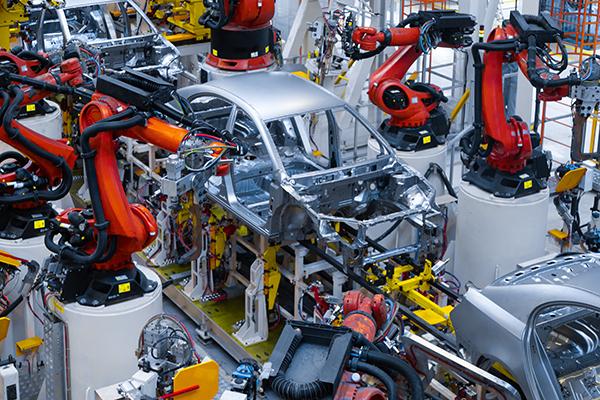The Role of CNC Milling in Precision Automotive Component Manufacturing
In the automotive industry, precision is paramount. The intricate components that power vehicles, such as engine blocks, gearboxes, and custom brackets, demand not only tight tolerances but also material versatility.
CNC milling has become an indispensable tool in manufacturing these critical components, offering high precision, consistency, and efficiency.
This article explores the significant role of CNC milling service in automotive component manufacturing, emphasizing its ability to work with various metals and plastics while delivering the intricate geometries required in modern vehicle designs.
Precision and Accuracy in Automotive Manufacturing
CNC milling is a subtractive manufacturing process where rotary cutting tools remove material from a solid block to create the desired shape. It stands out due to its ability to achieve micron-level accuracy, which is essential in producing automotive components that must fit and function perfectly within a vehicle’s mechanical systems. Engine blocks, for example, have intricate channels and cavities that demand not only precision but consistency across mass production. A minor error in the machining of an engine block can result in decreased engine efficiency or even total failure.
This precision is achieved through advanced software and computer-controlled operations that automate the milling process, ensuring accuracy. CNC milling machines follow pre-programmed instructions with minimal human intervention, drastically reducing the chances of error. Manufacturers can not only rely on CNC milling, but also other CNC machining services to repeatedly produce components with exact dimensions, meeting the automotive industry’s stringent quality standards.
Manufacturing Engine Blocks
One of the most critical automotive parts produced through CNC milling is the engine block. The engine block is the foundation of an internal combustion engine, housing cylinders, passages for coolant and oil, and attachment points for other components. CNC milling machines are well-suited for machining engine blocks due to their ability to handle complex geometries with extreme precision.
During the production process, a CNC milling machine can create cavities for the cylinders, mill surfaces to attach other parts, and drill the intricate passageways required for cooling and lubrication. CNC milling allows components to meet the strict tolerances required to endure high temperatures and pressures, such as those inside an engine.
Gearbox Production
It also plays a crucial role in producing gearboxes, which are key to transmitting power from the engine to the wheels. The precision required in gearbox components, such as gears and housings, makes CNC milling an ideal solution.
Gears have intricate tooth profiles that must mesh perfectly with other gears to transfer power smoothly. For a vehicle to function properly, gears must fit perfectly together, and CNC milling machines can manufacture these complex shapes with high precision. Additionally, CNC milling is used to machine the gearbox housing, which must provide a stable structure for the gears while allowing for proper lubrication and cooling.
Custom Brackets and Components
Beyond engine blocks and gearboxes, CNC milling is also used to produce a wide variety of custom automotive brackets and components. Brackets play a critical role in securing various parts of the vehicle, from holding electrical components in place to providing structural support. CNC milling machines can fabricate brackets from metals like aluminum, steel, titanium, and engineering plastics such as polycarbonate and ABS.
Custom brackets often demand exact dimensions and tight tolerances to ensure a perfect fit within a vehicle’s assembly. CNC milling allows manufacturers to produce these components quickly and accurately, with the flexibility to accommodate custom designs. The versatility of CNC milling in handling both metals and plastics makes it a go-to process for creating components that meet specific automotive requirements.
Material Versatility: Metals and Plastics
CNC milling’s ability to work with a wide range of materials is another reason it’s indispensable in the automotive industry. Different components require different materials based on their function, strength, and durability. For example, engine blocks and gearboxes are often made from cast iron, aluminum, or steel due to their strength and heat resistance. CNC milling machines are equipped to handle these materials, ensuring that they are precisely shaped to fit the complex designs of modern automotive parts.
On the other hand, lighter components such as brackets, housings, or covers might be made from engineering plastics like polycarbonate, nylon, or PEEK (Polyetheretherketone). CNC milling can machine plastics with the same precision as metals, allowing manufacturers to produce components that are both lightweight and durable, contributing to overall vehicle efficiency.
High-Speed Production and Mass Customization
Another key advantage of CNC milling in automotive manufacturing is its ability to combine high-speed production with the potential for mass customization. Once the design is programmed into the CNC machine, the process can be repeated with high speed and precision, making it ideal for mass production.
At the same time, CNC milling also allows for customization, a growing trend in the automotive sector. Manufacturers can easily modify the CNC program to produce customized components for specific vehicle models or customer preferences without needing to overhaul the entire production line. This flexibility makes CNC milling a valuable asset in meeting the demands of both mass production and bespoke manufacturing.





